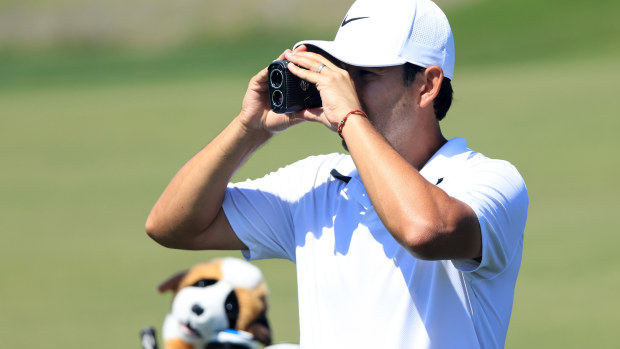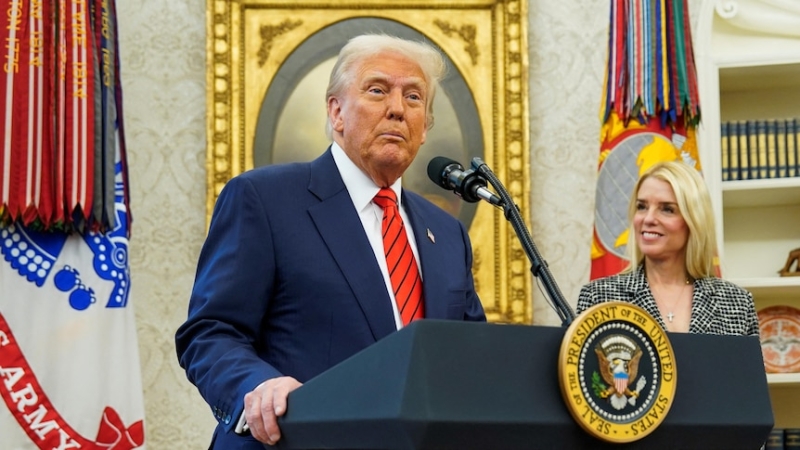The PGA Tour is taking a hard look at whether to allow rangefinders and publicise violations as part of a comprehensive study on pace of play and other enhancements to the game that have come out of a survey of 50,000 golf fans.
Tour officials were purposely short on specifics during a meeting with reporters on the “Fan Forward” initiative that commissioner Jay Monahan announced a year ago. He is expected to go into greater detail at The Players Championship in March.
But the preview session at Pebble Beach supported Monahan's message late last year that “everything is on the table” as the PGA Tour embarks on a series of changes.
OPINION: Ugly reading should spell end of Labuschagne's Test career
“I think as we roll the clock forward three, five, 10 years, we’re going to look back at 2025 as an inflection point in the evolution of the tour,” said Andy Weitz, the tour's chief marketing and communications officer.
He said part of that was capital growth from the investment of Strategic Sports Group, which put $2.4 billion into PGA Tour Enterprise with the potential to double the amount.
Tour caddie Harry Diamond uses a rangefinder during a practice round. Getty
Fenway Sports Group, a big part of SSG, has Theo Epstein as a senior advisor. Epstein, former general manager of the Boston Red Sox and Chicago Cubs, worked with Major League Baseball on recent changes that include a pitch clock and larger bases to encourage more stealing.
The shot clock has been mentioned to help improve pace of play on tour, and the topic has gained momentum in recent weeks when the final round of threesomes has taken about five and a half hours to finish.
Weitz said the tour formed a study group a month ago with three players — Sam Burns, Jhonattan Vegas and Adam Schenk — who likely would pass their findings to the Players Advisory Council, a 16-member panel that has been more involved than ever.
Rangefinders — or distance measuring devices — currently are allowed only at the PGA Championship. The tour is trying to find a spot in the schedule for a test run to see if it helps speed play by getting players the yardages quicker.
Gary Young, the senior vice president of rules and competition, said the sample tests could be at signature events that have smaller fields, or perhaps a tournament like the Zurich Classic that features team competition.
The potential of disclosing violations would be a break from PGA Tour tradition. The tour is different from most other sports leagues in that it has never disclosed fines, disciplinary action or violations that relate to pace of play.
The tour long felt that would be little more than a distraction. What it heard from fans was a need for more transparency.
“I think there's a real moment now for that all to be looked at,” PGA Tour president Tyler Dennis said.
Weitz said the discussion has met with little resistance from players. He had breakfast this week with Max Homa and said Homa told him, “We want to hold each other accountable, and we want to play in a way that is the best version of the fan experience".
Another example to help speed play was the use of a video review centre at the new PGA Tour Studios in Ponte Vedra Beach, Florida.
All of the changes came from the “Fan Forward” program, which included a survey that grew out of a fan council started in 2017. An outside agency helped the tour reach 50,000 fans who were surveyed in three waves.





